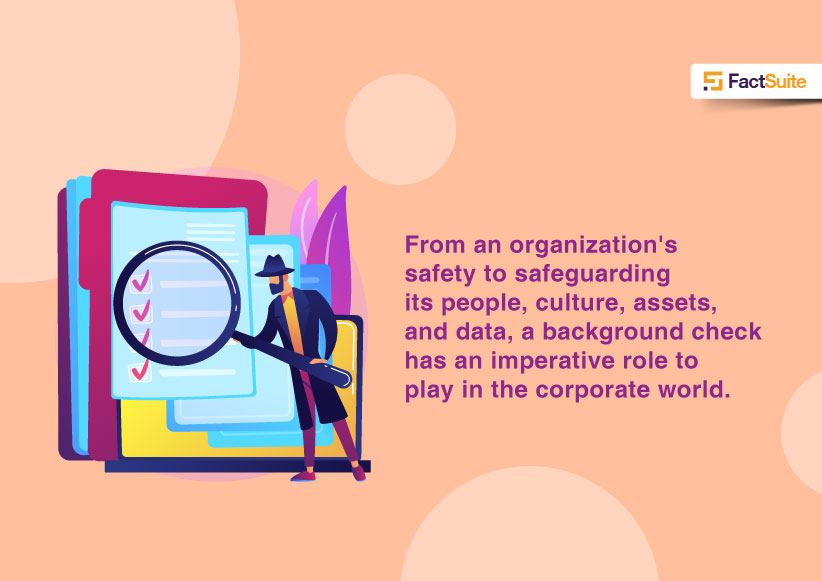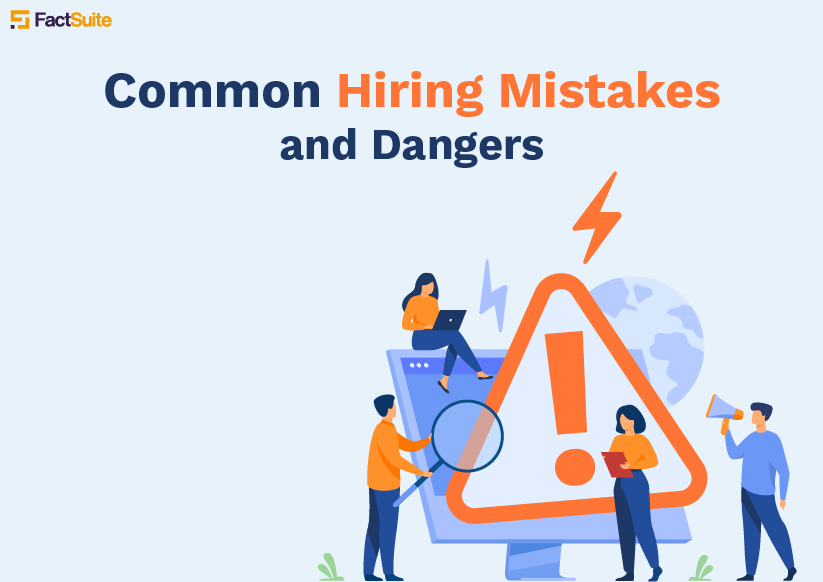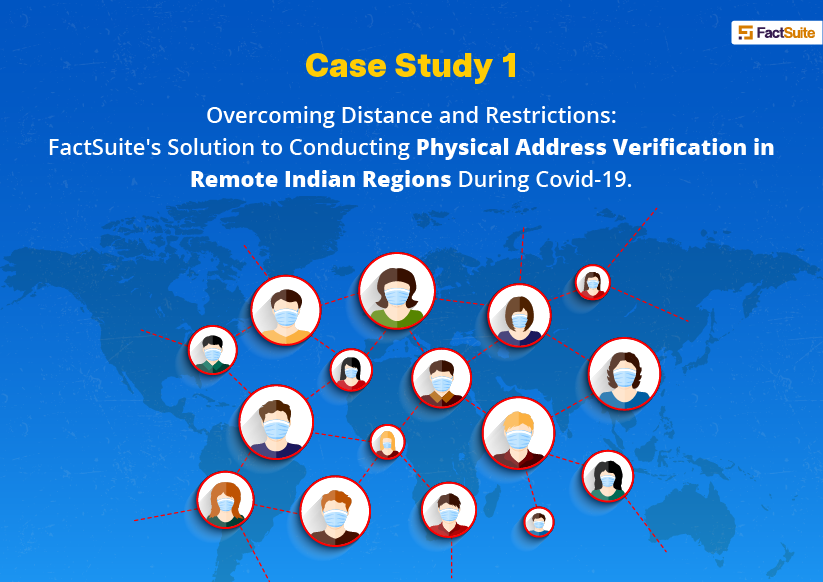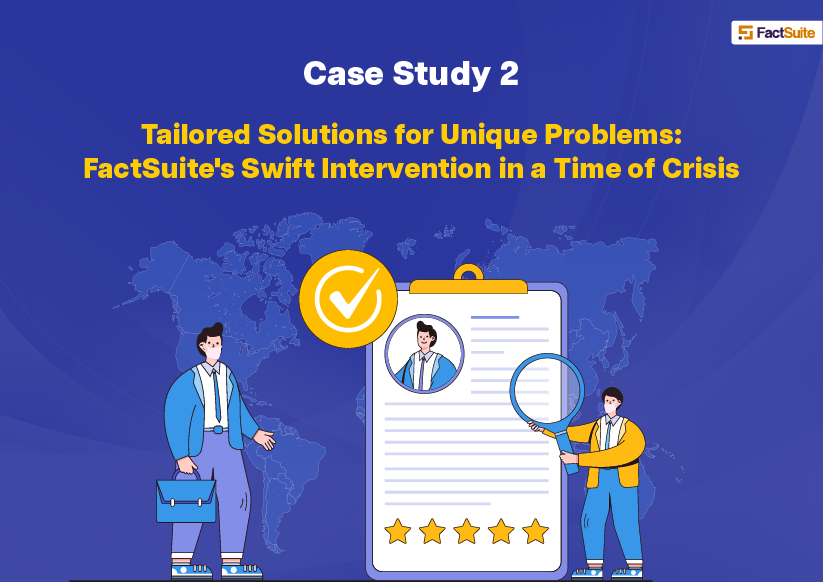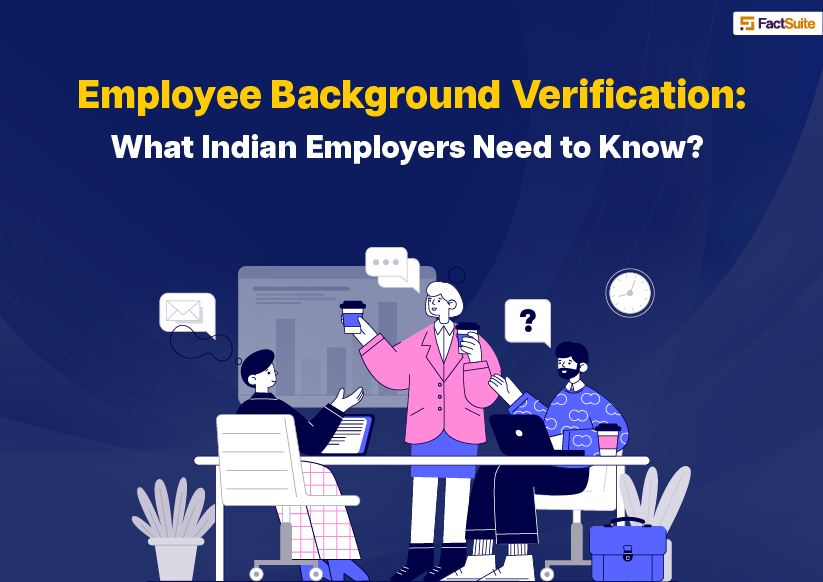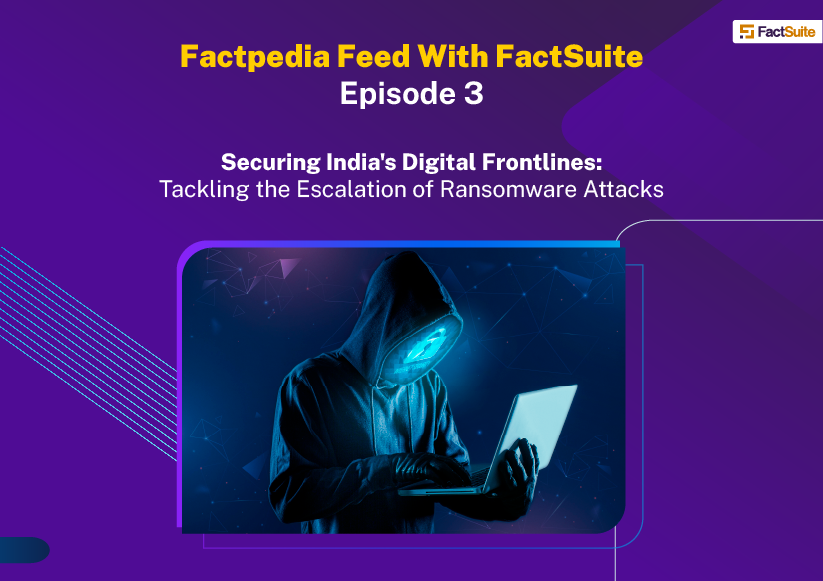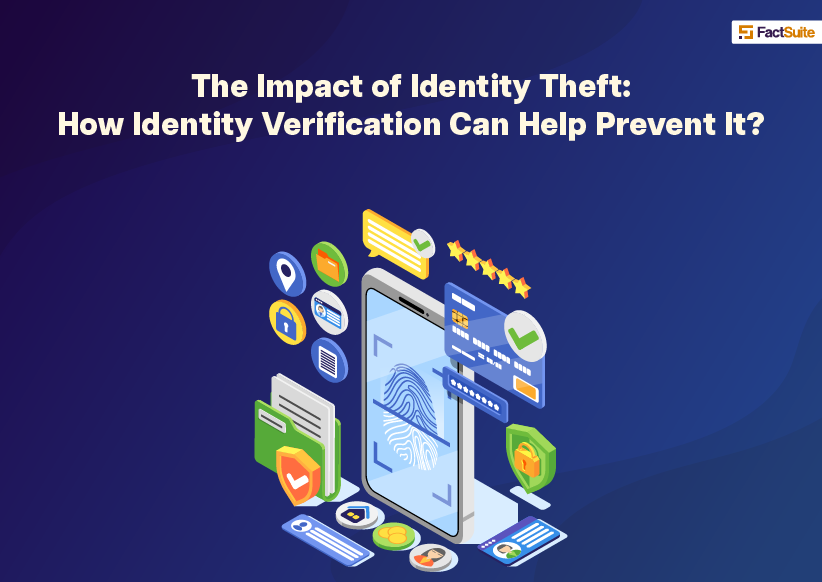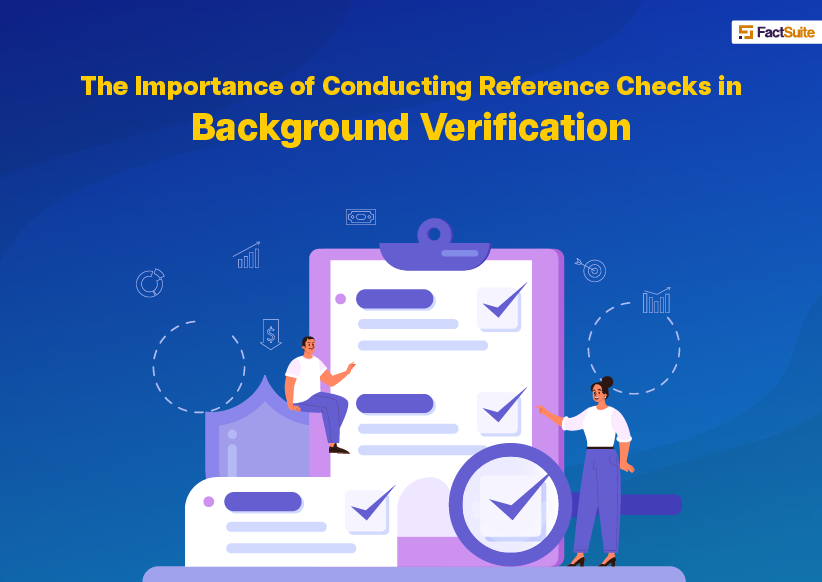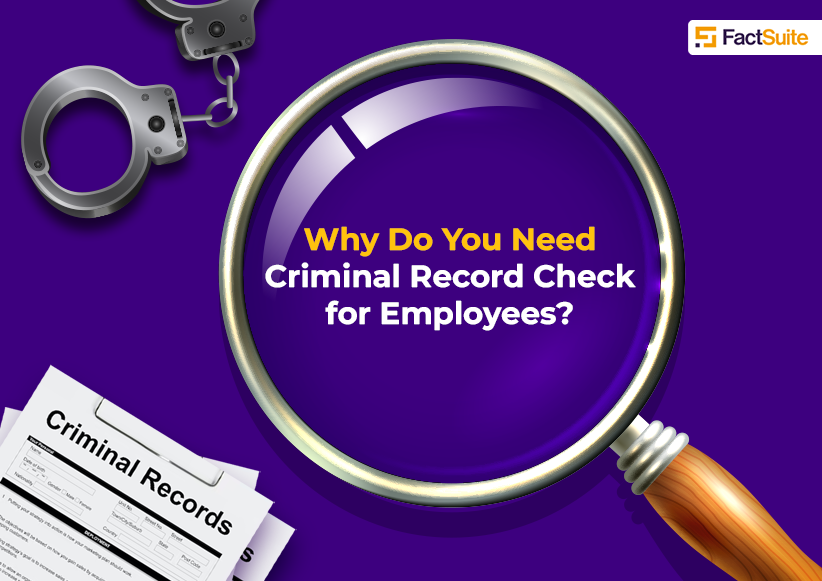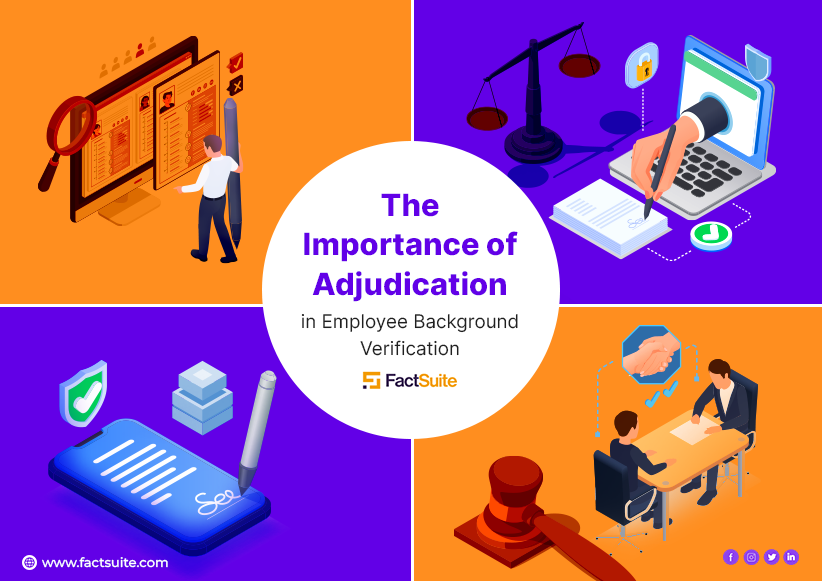Unmasking the Underworld of Fake Job Scams in India

Job scams in India have surged, catching job seekers in a tangled web of deceit. These scams take advantage of the tough job market in India, where there are not enough jobs for the millions who join the job hunt every year. People in search of employment have become vulnerable targets for these deceptive schemes.
In today's digital world, where job listings have moved online, it's become easier for both genuine employers and tricksters to reach out to potential employees. The days of newspapers with limited job ads are behind us, and now, anyone with a computer can search for job opportunities.
Falling for these scams can be costly. Victims report losses from a few hundred rupees to lakhs. These scams don't discriminate, affecting job seekers and tricking them into believing government agencies and big companies are hiring.
Case Study - Fake Visa Racket Job Scam in New Delhi:
In a recent operation, the Delhi Police's Cyber Cell dismantled a fake visa racket that had been operating in New Delhi. The operation resulted in the arrest of seven individuals, including the mastermind, Inamul Haq, from Bihar. The gang specialized in duping people by promising them Dubai visas and charged substantial consultation fees. Their modus operandi involved setting up a network of fake companies with seemingly legitimate front offices, which they quickly shut down after defrauding a significant number of victims. The gang had been operating for approximately four to five years and had made crores of rupees through their fraudulent activities. Many victims, primarily from Kerala, were hesitant to report the fraud as the gang returned their passports, giving them a false sense of security. During a police raid, around 110 passports with counterfeit stamps and fake Aadhaar cards were discovered. This case study sheds light on the complexities of combating cyber fraud and the need for public awareness about such scams. It also highlights the challenges in tracking down and assisting the potentially large number of victims affected by these fraudulent schemes.
The Remote Work Boom and Its Dark Side: Job Scams in India
As the world witnesses a remarkable shift towards remote work, India is no exception to this trend. An article published in the Times of India reveals that approximately 88% of the Indian workforce now prefers the comfort of working from home rather than commuting to the office. Moreover, a substantial 69% of employees report a significant boost in productivity while working remotely.
As the popularity of remote work soars, the downside becomes increasingly apparent: a surge in scams related to these jobs. India, being an enthusiastic player in the remote work arena, has attracted the attention of job scammers who are actively preying on newcomers in the field.
Freelancers and gig workers, often the pioneers of remote work, find themselves particularly vulnerable to job scams. These independent professionals often lack the safety nets that traditional employees enjoy, making them prime targets for scams.
Job scammers entice freelancers with attractive offers that promise high pay and flexible hours, luring them into a false sense of security. In reality, many of these fraudulent opportunities are designed to siphon off money from freelancers or demand free work.
It's not just freelancers who are susceptible to job scams. Even traditional employees looking for remote work opportunities can fall prey to these schemes. Scammers posing as representatives of reputable companies demand upfront payments for job placement, leaving job seekers disillusioned and cheated.
Navigating the Complex Terrain of Job Scams in India: A Comprehensive Guide
India's job market is a dynamic landscape, offering a plethora of opportunities and challenges. As you set out on your job search journey, it's essential to stay informed about the various types of job scams that can snare unsuspecting job seekers. Equally important is understanding the telltale signs of these scams to ensure you can steer clear of potentially damaging consequences. Let's dive into this comprehensive guide on job scams in India, from recognizing their different forms to spotting the red flags:
Types of Job Scams in India: Identifying the Red Flags
- Fake Job Offers from Reputable Companies: Job scammers often pose as representatives of well-known Indian and global corporations. They tantalize job seekers with job offers that seem too good to be true. Such scams may commence with an email stating, "Your résumé has been shortlisted for an interview" and often end with the directive, "Call Now."
- Placement Agency Deception: Unscrupulous placement agencies promise job placements that do not actually exist. Job seekers end up paying fees for services that lead to dead-ends, with the agencies frequently vanishing once payment is made.
- Visa Scams: Scammers may dangle enticing job opportunities abroad, luring job seekers to foreign countries. Upon arrival, victims often discover that the job offers were fraudulent, leaving them in a vulnerable and uncertain situation.
- Bait-and-Switch with Legitimate Job Portals: Some job seekers fall victim to scams involving well-established job portals like Naukri and Shine. Scammers operating on these platforms may promise jobs in exchange for purchasing their services, exploiting the trust individuals place in these reputable websites.
How to Spot Job Scams in India:
-
Scrutinize the Email Address: Be cautious of job offers originating from fake email addresses with domains like @hotmail.com or @yaho.com. Legitimate job offers are typically sent from professional company email addresses, such as service@naukri.com or info@monsterindia.com.
-
Analyze the Job Description: Red flags include spelling mistakes, grammatical errors, and a lack of clear eligibility criteria. Scammers aim to attract as many applicants as possible, so poorly written or vague job descriptions should raise concerns.
-
Evaluate the Job Selection Process: If you receive a job without proper interviews or a formal selection process, exercise caution. Genuine hiring procedures are thorough and not as straightforward as they may seem.
-
Verify Online Presence: Investigate the recruiter's social media accounts and the company website's "About Us" page. Suspicious or incomplete online profiles are warning signs.
-
Beware of Monetary Demands: Scammers often promise quick money for minimal work or ask for a security deposit with the promise of reimbursement upon selection.
Important Note: Never share personal or financial information with an unverified job board or a potential scammer. Your personal and financial details should remain confidential during your job search, and legitimate employers will respect your privacy.
Falling Victim to a Job Scam: What to Do Next
Discovering that you've fallen prey to a job scam can be disheartening, but it's crucial to take immediate action to mitigate the damage. Here's a comprehensive guide on what to do if you've fallen for a job scam:
-
Cease Communication and Financial Transactions: First and foremost, immediately halt all communication with the scammer. Block their email address, phone number, or any other means they've used to contact you.
-
Report the Scam to Authorities: If you've been duped by a job scam, your first step should be to file a formal complaint at the nearest cyber security police cell. They are equipped to handle cases of online fraud. If the matter is urgent, you can directly call 155260.
-
Preserve Evidence: Keep records of all your interactions with the scammer. Save emails, text messages, and any other correspondence. These records may be valuable if you decide to take legal action or report the scam.
-
Contact Your Bank: If you've shared financial information with the scammer, contact your bank immediately. Inform them about the fraudulent activity, and your bank will take measures to protect your accounts and initiate an investigation into any suspicious transactions.
-
Credit Monitoring: Maintain a vigilant eye on your credit health. Consistently review your credit reports to promptly identify any irregular or unauthorized activities.
-
Seek Legal Advice (if necessary): In cases where the job scam is exceptionally complex or involves significant financial losses, you have the option to file a case against the scammer under Section 405 of the Indian Penal Code. Legal action is a last resort but can be pursued if necessary.
On a Closing Note
As these job scams grow, job seekers in India need to be cautious. It's important to research job offers carefully, verify their authenticity, and avoid any financial commitments until you're sure it's a legitimate opportunity. This expose is a reminder of the hidden dangers in the job market today. Stay vigilant, stay informed, and let's navigate the job market safely together.


